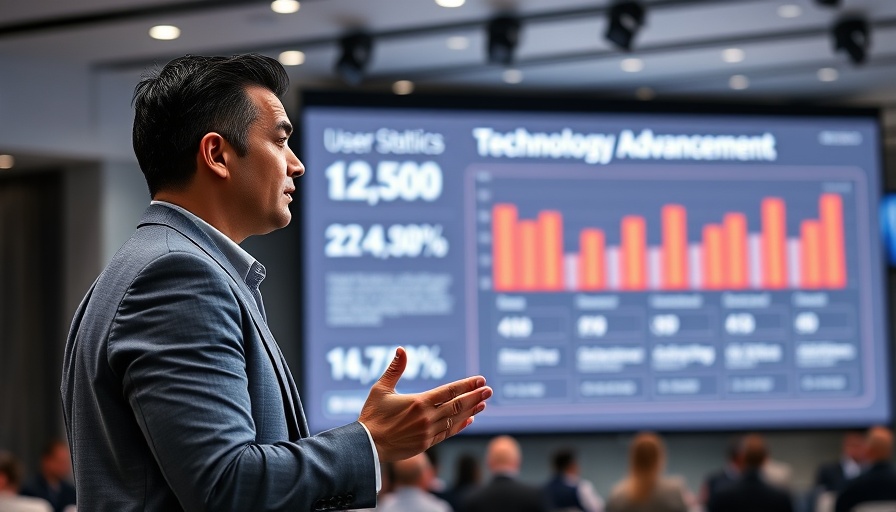
Google's Strategic Move: Empowering Government with Gemini AI
In a bold step, Google is set to deploy its advanced AI technology, Gemini, to enhance the capabilities of the US government. This initiative signals an increasing reliance on artificial intelligence tools by public institutions to optimize services and boost operational efficiency. But beyond the surface, what does this mean for the future of governance and the role of AI in public policy?
The Role of AI in Government
Artificial intelligence has moved beyond the realm of tech giants and into the heart of governmental operations. Using AI tools can help streamline processes like data analysis, resource allocation, and policy implementation. With Gemini, Google aims to offer tailored solutions that address specific governmental needs, enhancing decision-making through data-driven insights.
Understanding Gemini: What Sets It Apart?
Gemini represents a significant step forward in Google's AI evolution. Unlike earlier models, it integrates machine learning capabilities that allow for real-time data analysis and adaptive learning. This means that as new data is fed into the system, Gemini can learn and adjust its responses, creating a feedback loop that enhances problem-solving over time.
Counterarguments: Concerns Around AI in Public Sector
While the potential of AI in government is promising, there are voices of caution. Critics argue that increased automation may lead to job displacement and raise ethical concerns regarding data privacy and surveillance. Questions around the accountability of AI decision-making, especially in matters affecting citizens’ lives, continue to surface. It's crucial for policymakers to address these issues proactively to ensure that AI deployment adheres to ethical standards.
The Future: Opportunities and Challenges Ahead
The deployment of Gemini AI by Google could redefine how government institutions operate. As AI continues to evolve, there's potential for significant improvements in transparency and efficiency. However, this also comes with risks, including cybersecurity threats and the need for robust governance frameworks that protect citizens and their data. The successful integration of AI in public services will largely depend on striking a balance between innovation and ethical responsibility.
Conclusion: Navigating the AI-Empowered Future
The introduction of Google’s Gemini AI tools to the US government underscores a significant shift towards embracing technology in governance. For society, this means both immense opportunities and considerable challenges. As we step into this brave new world, it’s imperative to engage in discussions about the ethical implications and the future of AI in our lives.
Explore how you can educate yourself on the affects of AI on societal structures and engage in conversations about the ethical deployment of technology in government.
 Add Row
Add Row  Add
Add 




Write A Comment